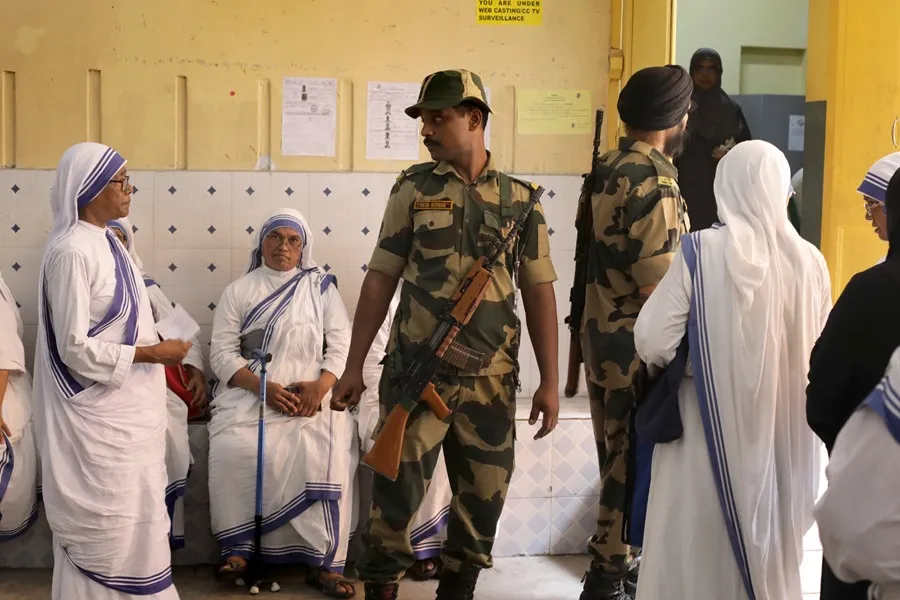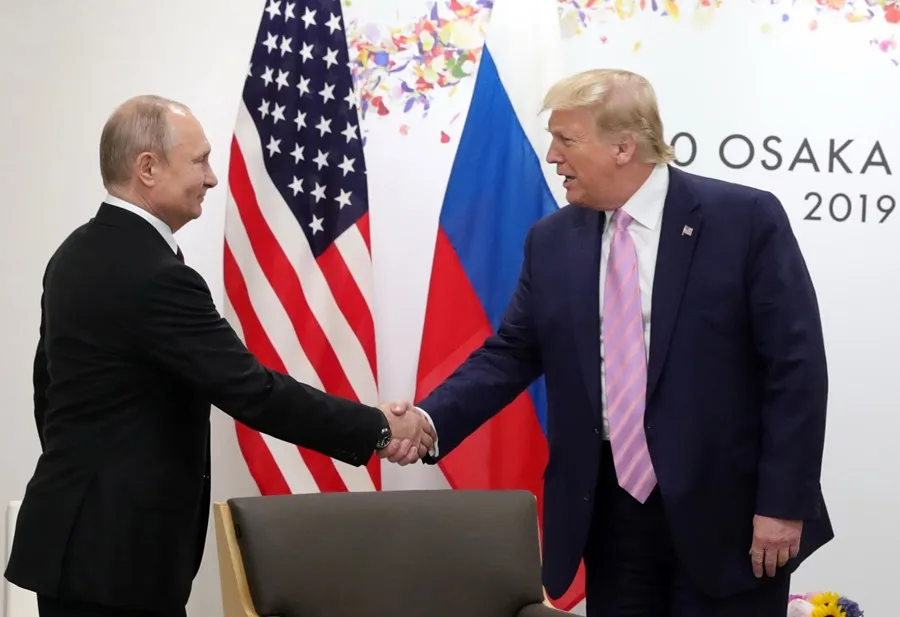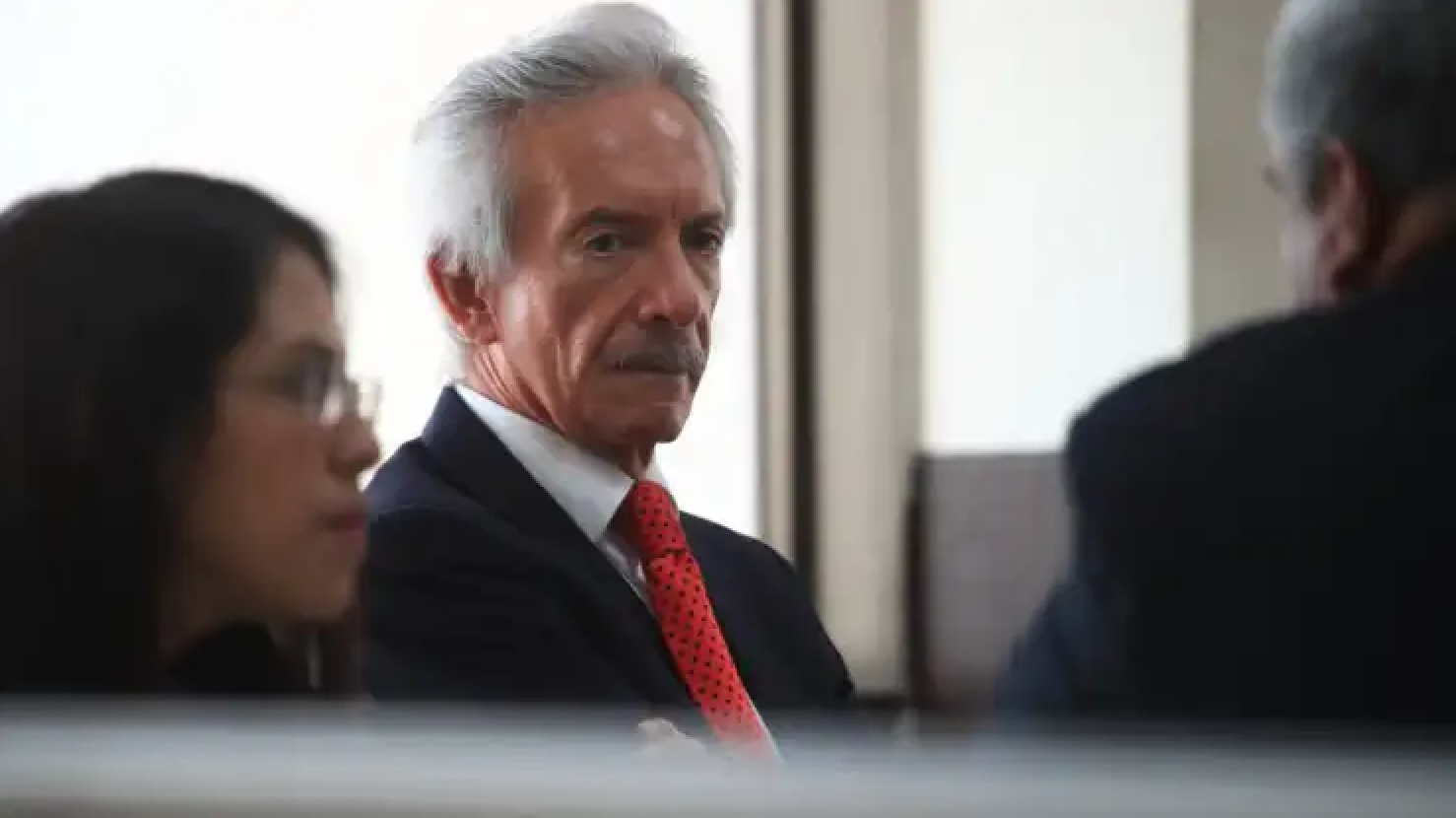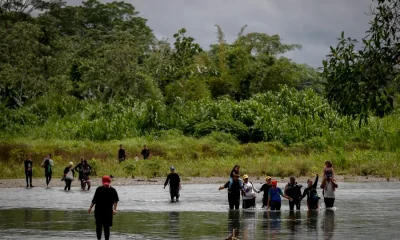International
India opens the polls for the seventh time in the last phase of the general elections

India opened the polls for the seventh time in the last phase of the general elections, the longest and busiest in the world, which conclude today with the vote of eight regions, including the constituency that elects the Prime Minister, Narendra Modi.
The polling stations of 57 constituencies in eight territories and states of the country opened around 7:00 local time (02:00 GMT) for the seventh phase of the Indian general elections, according to the Indian Electoral Commission (ECI).
“This will mark the grand finale for the largest electoral marathon in the world that began on the 19th of last month and has already covered 6 phases and 486 seats of the Lok Sabha (Lower Chamber),” said the ECI.
For the last phase, more than 100 million voters are called, including 52.4 million men; 48.2 million women, 3,574 third-gender voters.
In the center of the sacred city of Benarés, in the state of Uttar Pradesh, the electoral district by which the current prime minister is measured, at the time of the beginning of the voting the schools were full of voters who come in groups to participate.
In the Hindu temple Vishvanath in Benarés, where one of the more than ten schools in the millennial city is located, hundreds of people remained in the queue even before the start of the voting.
“The Electoral Commission has done a very good job, now we can only wait for the results patiently, but for us it was a fairly fast process, because our life went on while other states voted. Today is our big day,” Mahesh Purohit told EFE, after casting his vote.
These elections have been marked by high temperatures in the northern regions, including Uttar Pradesh, with temperatures approaching 50 degrees Celsius, which has required special arrangements, the installation of fans, shade spaces or the distribution of moisturizing drinks for people waiting in the queues.
This has been a concern of the ECI for the impact it may have on participation in general, which in the first six phases has been below the average 70%.
India’s seven-phase general elections for 543 seats of the Lok Sabha, the Lower House of Parliament, began on April 19, which marked the largest democratic exercise ever held in the world, with almost 969 million registered voters.
On the other hand, at least 62 people have died because of the heat wave that affects northern India, including dozens of electoral officials, while the country celebrates this Saturday the last phase of general elections marked by temperatures that have exceeded 50 degrees.
International
Trump urges Putin to reach peace deal

On Monday, U.S. President Donald Trump reiterated his desire for Russian President Vladimir Putin to “reach a deal” to end the war in Ukraine, while also reaffirming his willingness to impose sanctions on Russia.
“I want to see him reach an agreement to prevent Russian, Ukrainian, and other people from dying,” Trump stated during a press conference in the Oval Office at the White House.
“I think he will. I don’t want to have to impose secondary tariffs on Russian oil,” the Republican leader added, recalling that he had already taken similar measures against Venezuela by sanctioning buyers of the South American country’s crude oil.
Trump also reiterated his frustration over Ukraine’s resistance to an agreement that would allow the United States to exploit natural resources in the country—a condition he set in negotiations to end the war.
International
Deportation flight lands in Venezuela; government denies criminal gang links

A flight carrying 175 Venezuelan migrants deported from the United States arrived in Caracas on Sunday. This marks the third group to return since repatriation flights resumed a week ago, and among them is an alleged member of a criminal organization, according to Venezuelan authorities.
Unlike previous flights operated by the Venezuelan state airline Conviasa, this time, an aircraft from the U.S. airline Eastern landed at Maiquetía Airport, on the outskirts of Caracas, shortly after 2:00 p.m. with the deportees.
Interior Minister Diosdado Cabello, who welcomed the returnees at the airport, stated that the 175 repatriated individuals were coming back “after being subjected, like all Venezuelans, to persecution” and dismissed claims that they belonged to the criminal organization El Tren de Aragua.
However, Cabello confirmed that “for the first time in these flights we have been carrying out, someone of significance wanted by Venezuelan justice has arrived, and he is not from El Tren de Aragua.” Instead, he belongs to a gang operating in the state of Trujillo. The minister did not disclose the individual’s identity or provide details on where he would be taken.
International
Son of journalist José Rubén Zamora condemns father’s return to prison as “illegal”

The son of renowned journalist José Rubén Zamora Marroquín, José Carlos Zamora, has denounced as “illegal” the court order that sent his father back to a Guatemalan prison on March 3, after already spending 819 days behind barsover a highly irregular money laundering case.
“My father’s return to prison was based on an arbitrary and illegal ruling. It is also alarming that the judge who had granted him house arrest received threats,” José Carlos Zamora told EFE in an interview on Saturday.
The 67-year-old journalist was sent back to prison inside the Mariscal Zavala military barracks on March 3, when Judge Erick García upheld a Court of Appeals ruling that overturned the house arrest granted to him in October. Zamora had already spent 819 days in prison over an alleged money laundering case.
His son condemned the situation as “unacceptable”, stating that the judge handling the case “cannot do his job in accordance with the law due to threats against his life.”
-

 Central America5 days ago
Central America5 days agoNicaragua denounces Costa Rica’s position in SICA as aligned with foreign interests
-

 Central America5 days ago
Central America5 days agoNicaragua’s new judicial law consolidates power in Ortega and Murillo’s hands
-

 Central America5 days ago
Central America5 days agoPanama’s president declares Darién gap ‘closed’ amid sharp drop in migrant flow
-

 International3 days ago
International3 days agoSon of journalist José Rubén Zamora condemns father’s return to prison as “illegal”
-

 International5 days ago
International5 days agoMarco Rubio warns Venezuela against military action against Guyana
-

 International3 days ago
International3 days agoMiyazaki’s style goes viral with AI but at what cost?
-

 Central America2 days ago
Central America2 days agoPanama police clarifies that Interpol alert for Martinelli is still pending
-

 International2 days ago
International2 days agoDeportation flight lands in Venezuela; government denies criminal gang links
-

 Central America16 hours ago
Central America16 hours agoU.S. Homeland Security Secretary urges Mexico to strengthen Guatemala border
-

 International16 hours ago
International16 hours agoTrump urges Putin to reach peace deal
-

 Central America16 hours ago
Central America16 hours agoPanama grants Martinelli 72-hour extension to travel to Nicaragua
-
Central America4 days ago
Nicaragua revokes legal status of 10 more NGOs, bringing total to over 5,600















